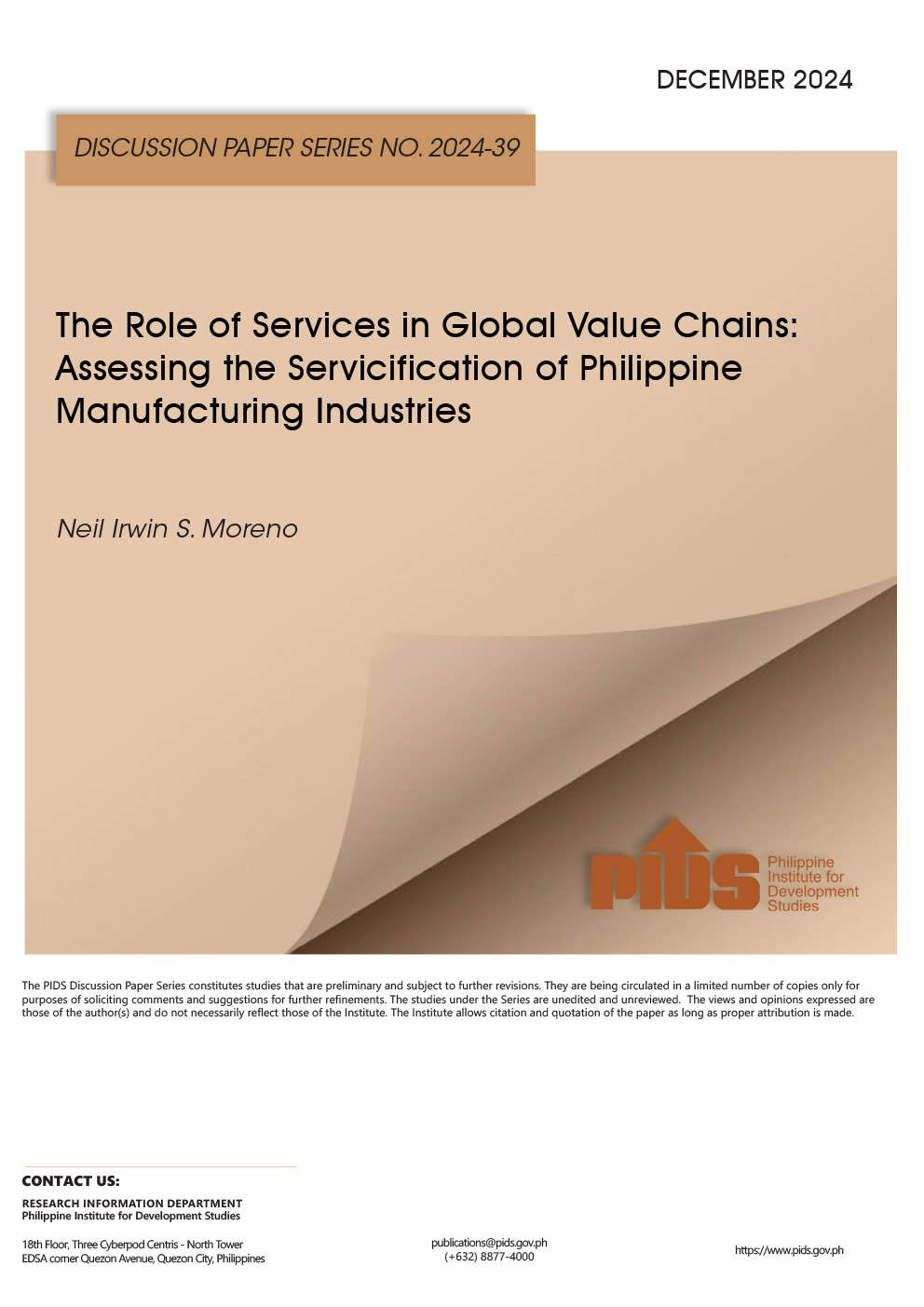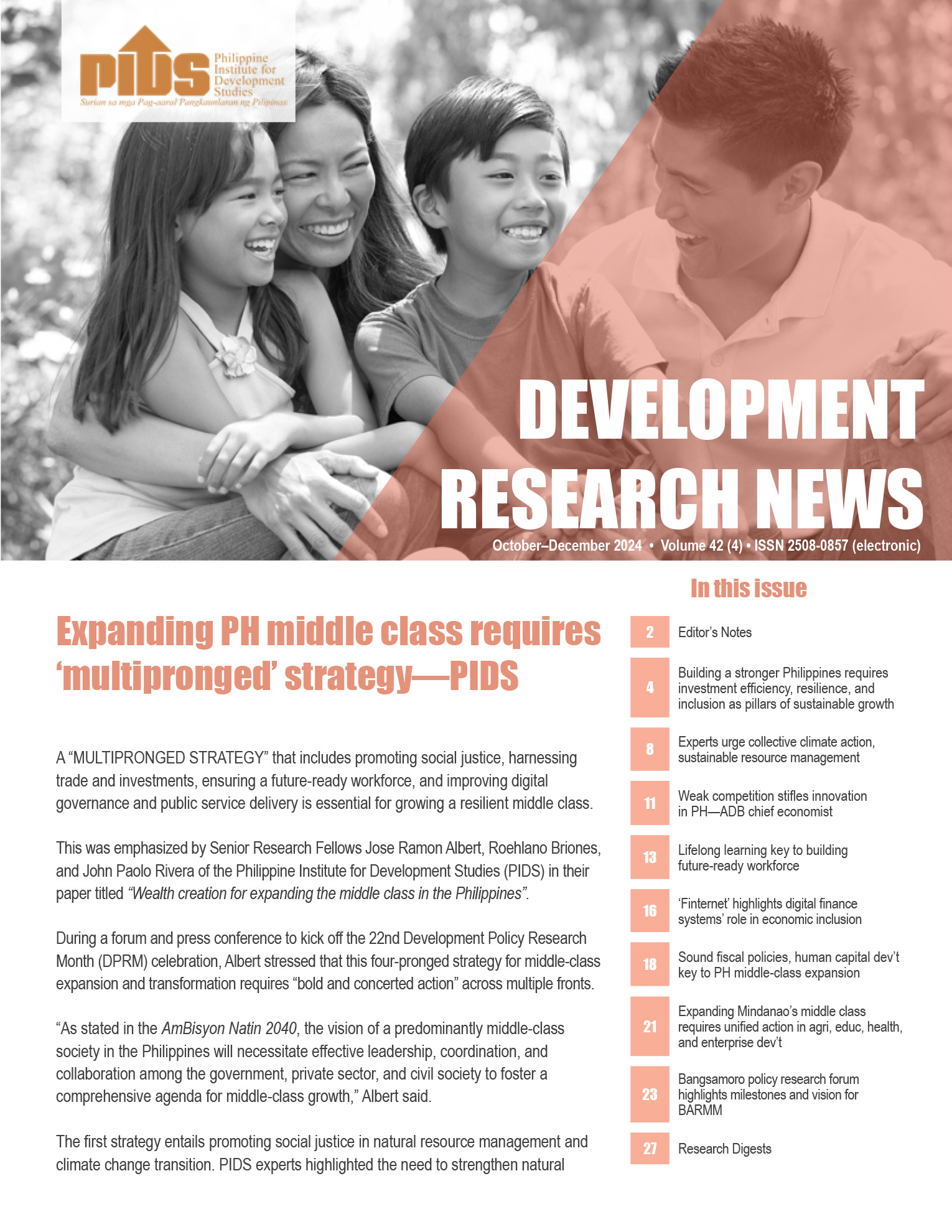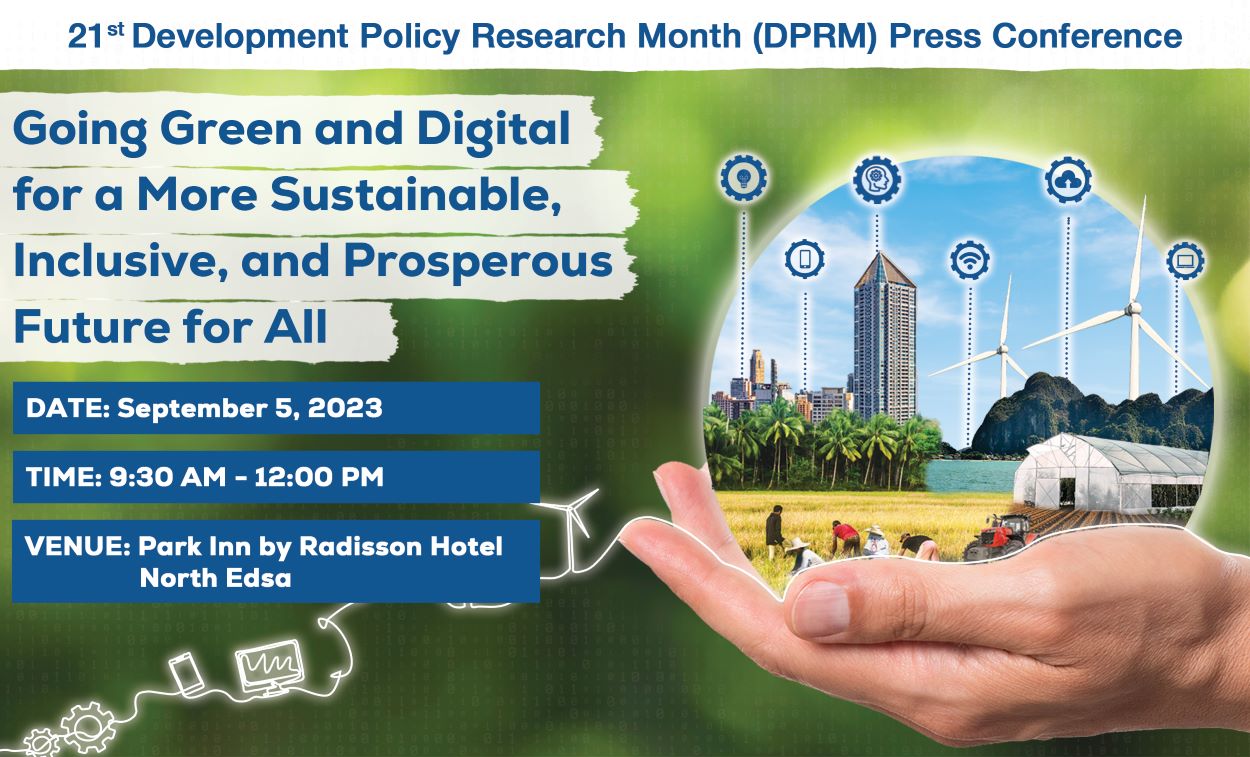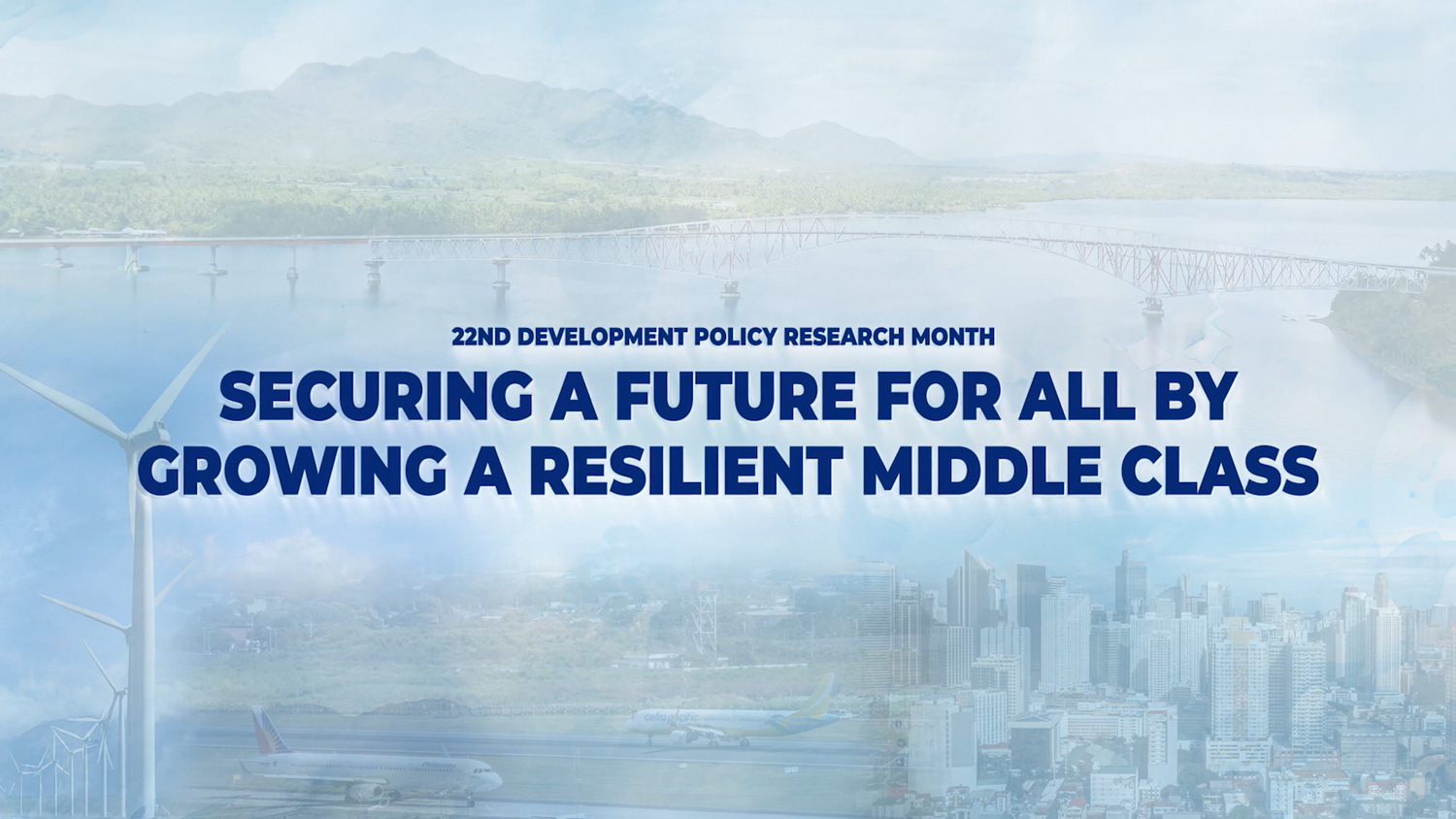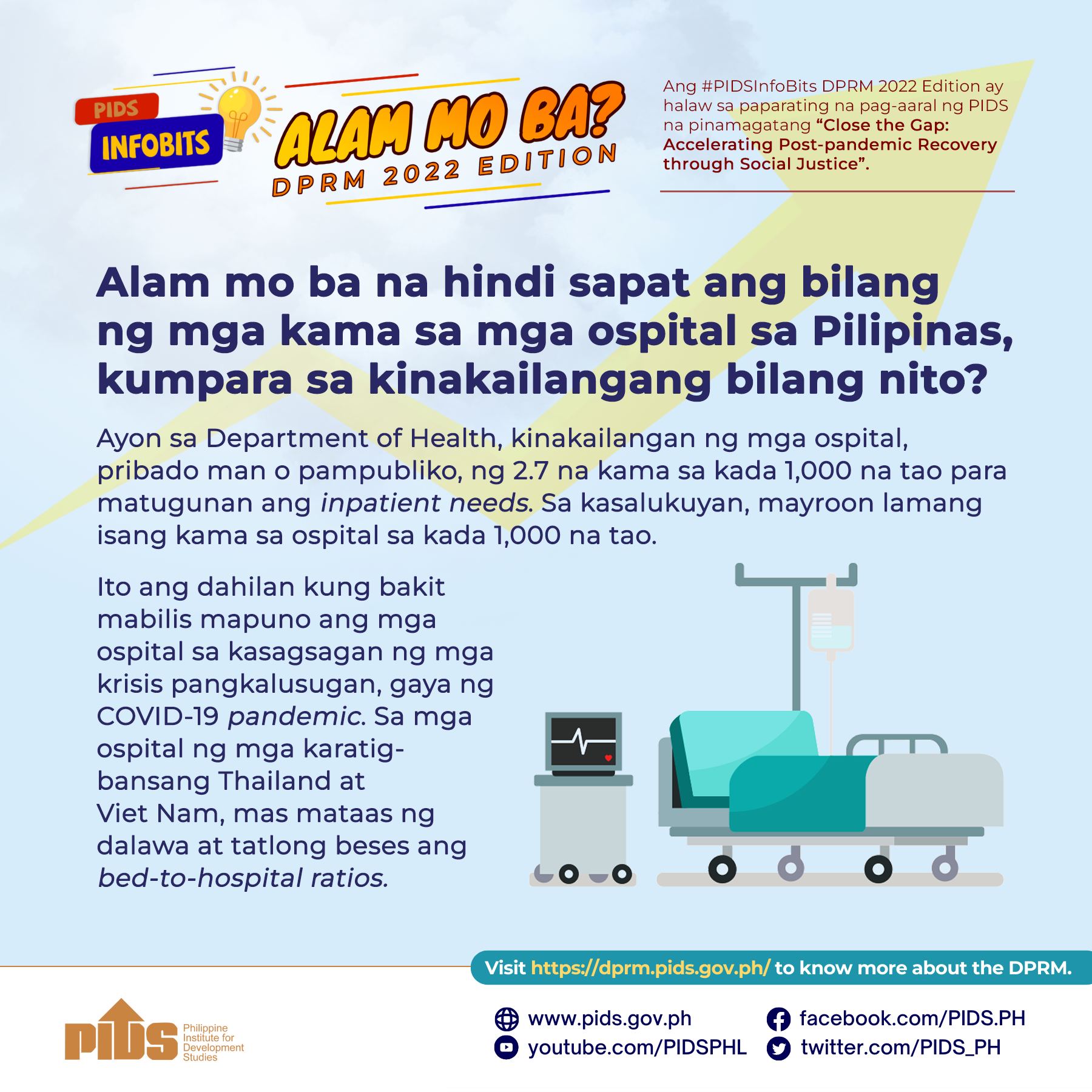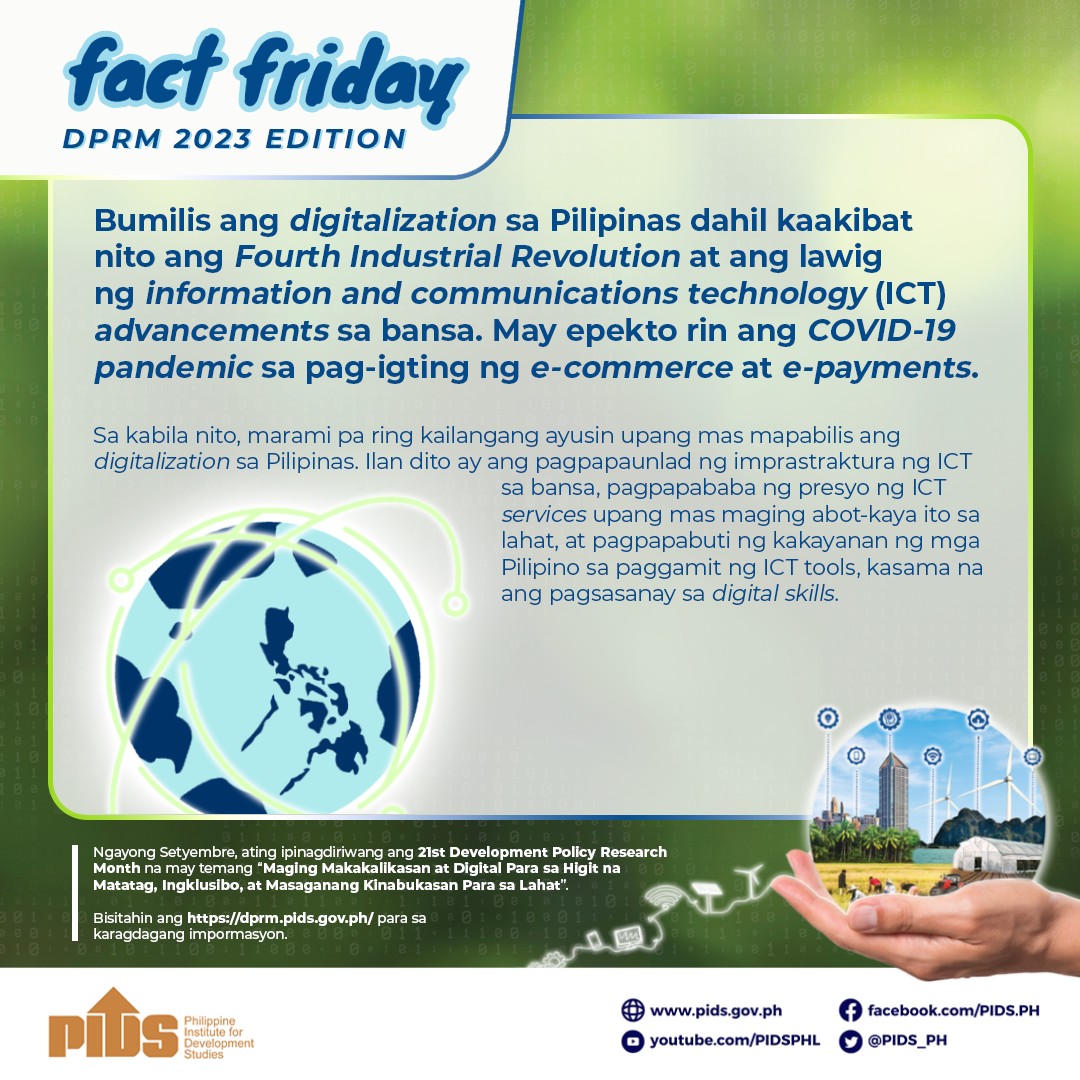"This is important, not only to enable our industries to take advantage of the opportunities and face the challenges that would arise from the ASEAN (Association of Southeast Asian Nation) Economic Community 2015, but as well as with the other free trade agreements that the Philippines has signed," said PIDS Research Fellow Rafaelita M. Aldaba in a PhilExport statement, released after the PhilExport General Membership Meeting. Presented at the meeting, the draft manufacturing industry road map described phases which are hoped to further develop the sector in the country. The first phase will be implemented from 2014 to 2017 and is designed to strengthen the country`s emerging products, maintain the competitiveness of "classics" and rebuild existing capacities. The second phase will be from 2018 to 2021 and involves implementing measures to attract investments in the core sectors, shift to high value-added activities and linking and integrating industries within the economy. These are seen to be achieved through aggressive marketing and promotion. Ms. Aldaba said emerging products include agriculture-related products and glass. "Classics" include forestry, raw materials, cereal and garments. Machinery and some chemical products were considered overlapping products. "Innovation, productivity -- these are very important, [as well as] more investments in order to catch up. Most of the technologies are outdated, so how can you compete if the technology you are using is no longer suitable?" said Ms. Aldaba

